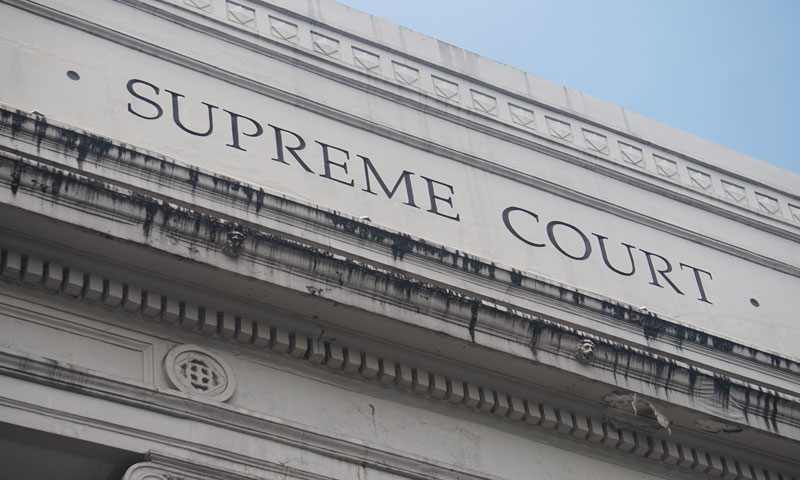The Obama administration has begun formulating legislation possibly ending the National Security Agency’s broad collection of Americans’ phone data while, officials say, preserving the government’s ability to gain information about terrorists.
According to senior officials, the legislation would allow data about phone calls made to and from Americans to be kept with the phone companies. The companies would not be required to hold the data longer than they normally would.
A January deadline set by President Obama, directing his aides to find ways to end the government’s massive collection of phone data. He gave them until Friday to come up with a plan.
With the proposal still being worked on, will require phone companies to provide data about suspected terrorists numbers under a court order, officials said. It also involves making available on a real-time, ongoing basis data about any new calls made to or from the suspect’s number after the order is served- an idea embraced by NSAÂ leaders, officials said.
Overseeing the program, the Foreign Intelligence Surveillance Court would have to approve every number as having likely ties to a suspected terrorist or terrorists group. Officials are saying that the administration has decided to renew the existing program for at least one or more 90-day cycle. The current orders will cease on Friday.
Leaders of the House Intelligence Committee have devised a bipartisan bill that would also end the gathering of data by the NSA. The bill would be introduced Tuesday and would also keep the records at the phone companies. The House bill would amend the Foreign Intelligence Surveillance Act clarifying that the government can no longer collect any form of electronic communication in bulk, said its sponsors, Rep. Mike Rogers (R-Mich.), the committee’s chairman, and Rep. C.A. Dutch Ruppersberger (Md.).
“We believe this can be the solution for those of us who want to preserve important national security capabilities while heeding the legitimate concerns of many that the collection of bulk telephone metadata has a potential for abuse,” said Rogers.
According to congressional aides, the bill would bar the mass collection of different types of information, that includes phone call records, records of Internet activity and location information. It, also would not require telecommunication companies to hold on to data for longer than they do now and require the government serve a directive on a company that is being asked for data. Unlike other pending legislation, it does not call for judicial approval of a specific phone number before a request for data is submitted to a company.
Image credit: ferrellgummit.com





































